Fintech in Malta is booming.
In 2023, an elite advisory team from Mastercard recognized Malta’s fintech growth and conducted a study resulting in a 100-page report delineating the precise actions needed to support fintech growth in Malta. Visa also recognized the boom and extended its Visa Innovation Programme Europe—a programme designed to help early-stage fintechs scale—to Malta in January 2023.
Spearheading this growth is FinanceMalta, a public-private initiative dedicated to promoting Malta as an international financial centre.
Reasons for Nordic fintech companies to consider Malta
Malta, an island country in the Mediterranean, is business-friendly, with an accessible regulator who’s willing to do business with the right companies, says Alan Cuschieri, governor of FinanceMalta.
The country is ranked in the top-third performers in Europe by global consultancy firm McKinsey & Company. Other countries ranked in the top third include the United Kingdom, Sweden, Switzerland, and Ireland.
“The Malta Financial Services Authority (MFSA) recently launched version two of its fintech sandbox. “Within this sandbox, startups can test new ideas without going through the full regulatory process, all under the close supervision of the MFSA,”
Alan Cuschieri

English is also one of the country’s official languages, which is well-suited to the Nordic countries, where English serves as the de facto business language between Nordic states.
Malta is a pioneer in crypto and blockchain
Malta was one of the first jurisdictions to introduce clear and comprehensive regulatory guidelines for blockchain companies. Its foresight in recognizing the possibilities of this new technology led to a rush of companies setting up headquarters in Malta.
Europe took several years to catch up with Malta, finally releasing its MiCA (Markets in Crypto-Assets) Regulation. This new regulation solidifies what Malta already has in place.
Any company already licenced in Malta under the Virtual Financial Assets Act will automatically be compliant with MiCA and able to passport across Europe as soon as MiCA goes into force.
Recommended: Explore the Future of Finance at Nordic Fintech Week
More focus on VC and PE
Malta has increased initiatives in the VC/PE space, in coordination with the European Investment Fund (EIF) and the Malta Development Bank (MDB). The country is also working on a fund that will match investments one-for-one. If a fintech is already raising funds, Malta intends to match the funds raised if the fintech qualifies.
The country has further been working closely with PEVCA (Private Equity & Venture Capital Association) Malta, which is made up of a wide array of stakeholders including fund managers, institutional investors, financial institutions, home offices, and other entities.m, to increase funding for qualifying companies.
Focus on quality within a business friendly-environment
Malta has managed to attract numerous high-quality companies and continues to do so, with several new applications currently at the regulator.
To set up in Malta, you’re required to have a physical presence in the country and demonstrate substance on the ground.
Malta is also making a considerable effort to make it easier for fintechs to work within the complexities of ever-growing fintech regulations and reporting requirements, such as DORA, CESOP, MiCA, and others. For example, the country is working on simplifying the reporting process for banks, fintechs, and FSPs to avoid duplicate reporting to different agencies.
Recommended: Explore the Future of Finance at Nordic Fintech Week
And then there’s the sunshine
Despite the country’s relatively small size, its leadership position in the fintech space is unmistakable, making it an obvious choice for Nordic fintech companies to set up in.
It also helps that the sun shines there for more than 300 days a year—something anyone in the Nordics will agree is a massive value-add.



